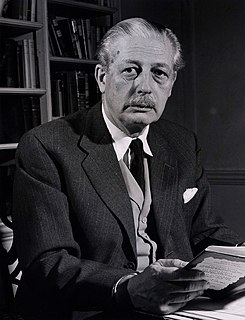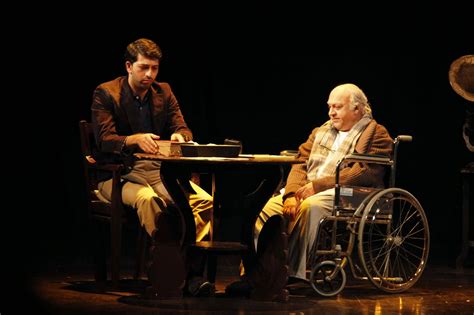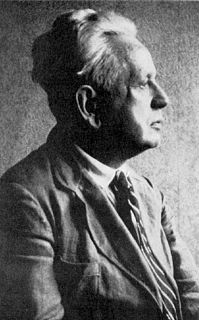A Quote by John Ruskin
Depend upon it, the first universal characteristic of all great art is Tenderness, as the second is Truth. I find this more and more every day: an infinitude of tenderness is the chief gift and inheritance of all the truly great men. It is sure to involve a relative intensity of disdain towards base things, and an appearance of sternness and arrogance in the eyes of all hard, stupid, and vulgar people
Quote Topics
Related Quotes
Women believe -- or at least often pretend to believe -- that all our tenderness for them springs from desire; that we love them when we have not for a time enjoyed them, and dismiss them when we are sated, or to express it more precisely, exhausted. There is no truth in this idea, though it may be made to appear true. When we are rigid with desire, we are apt to pretend a great tenderness in the hope of satisfying that desire; but at no other time are we in fact so liable to treat women brutally, and so unlikely to feel any deep emotion but one.
These were people so hungry for love that they were accepting substitutes. There were embracing material things and expecting a sort of hug back. But it never works. You can't substitute material things for love or for gentleness or for tenderness or for a sense of comradeship. Money is no substitute for tenderness, and power is not a substitute for tenderness. I can tell you as I'm sitting here dying, when you most need it, neither money nor power will give you the feeling you're looking for, no matter how much of them you have.
There is a conceptual depth as well as a purely visual depth. The first is discovered by science; the second is revealed in art. The first aids us in understanding the reasons of things; the second in seeing their forms. In science we try to trace phenomena back to their first causes, and to general laws and principles. In art we are absorbed in their immediate appearance, and we enjoy this appearance to the fullest extent in all its richness and variety. Here we are not concerned with the uniformity of laws but with the multiformity and diversity of intuitions.


































